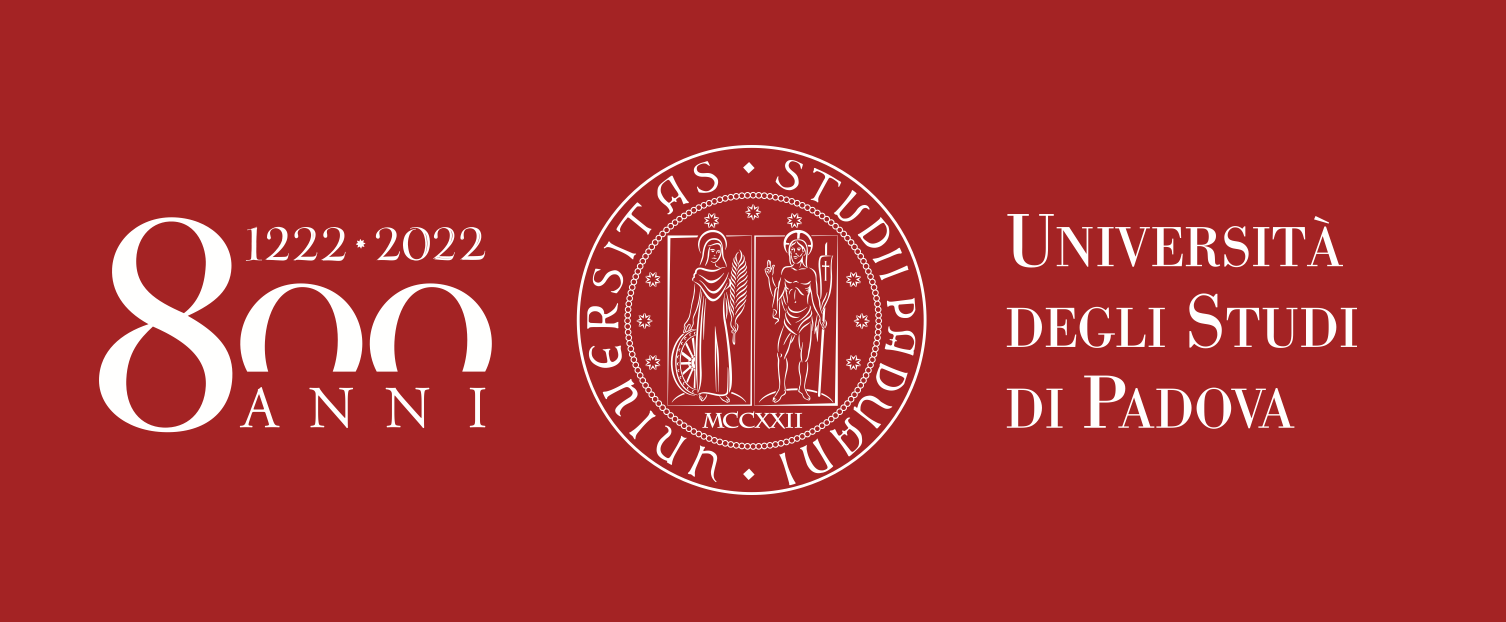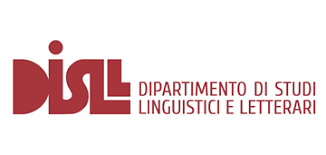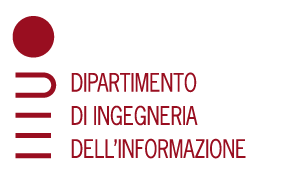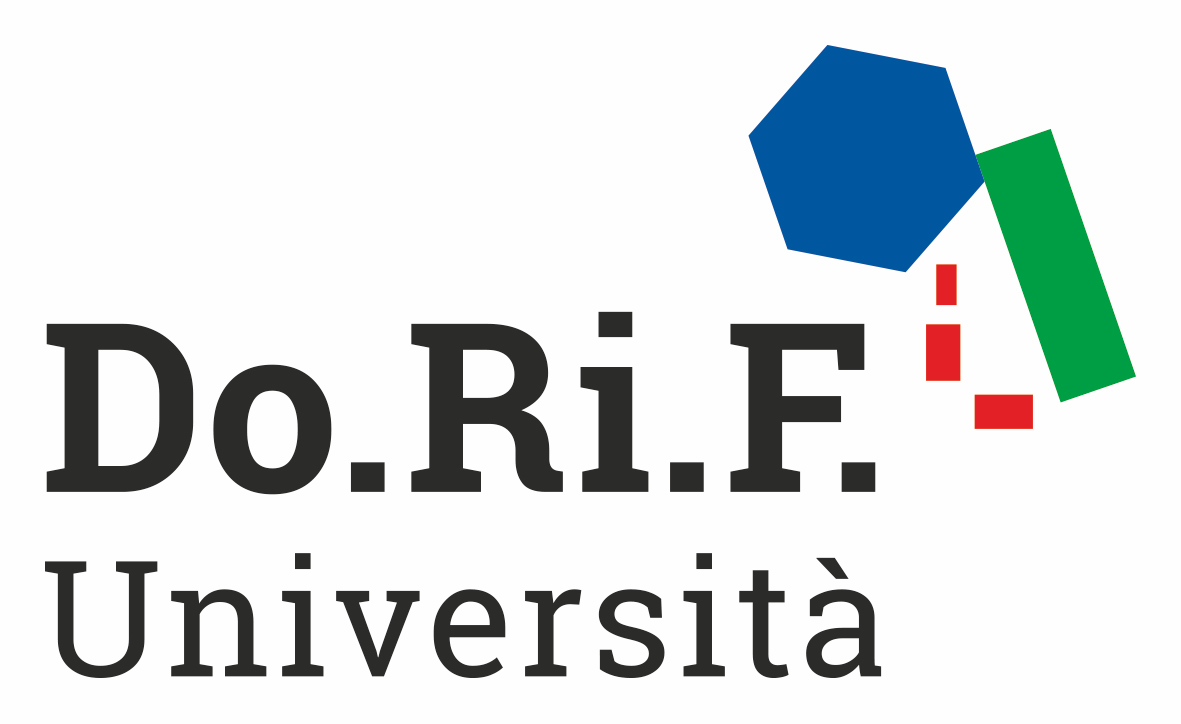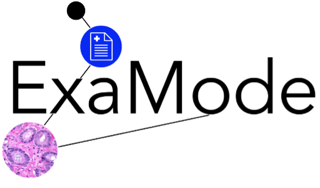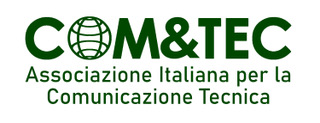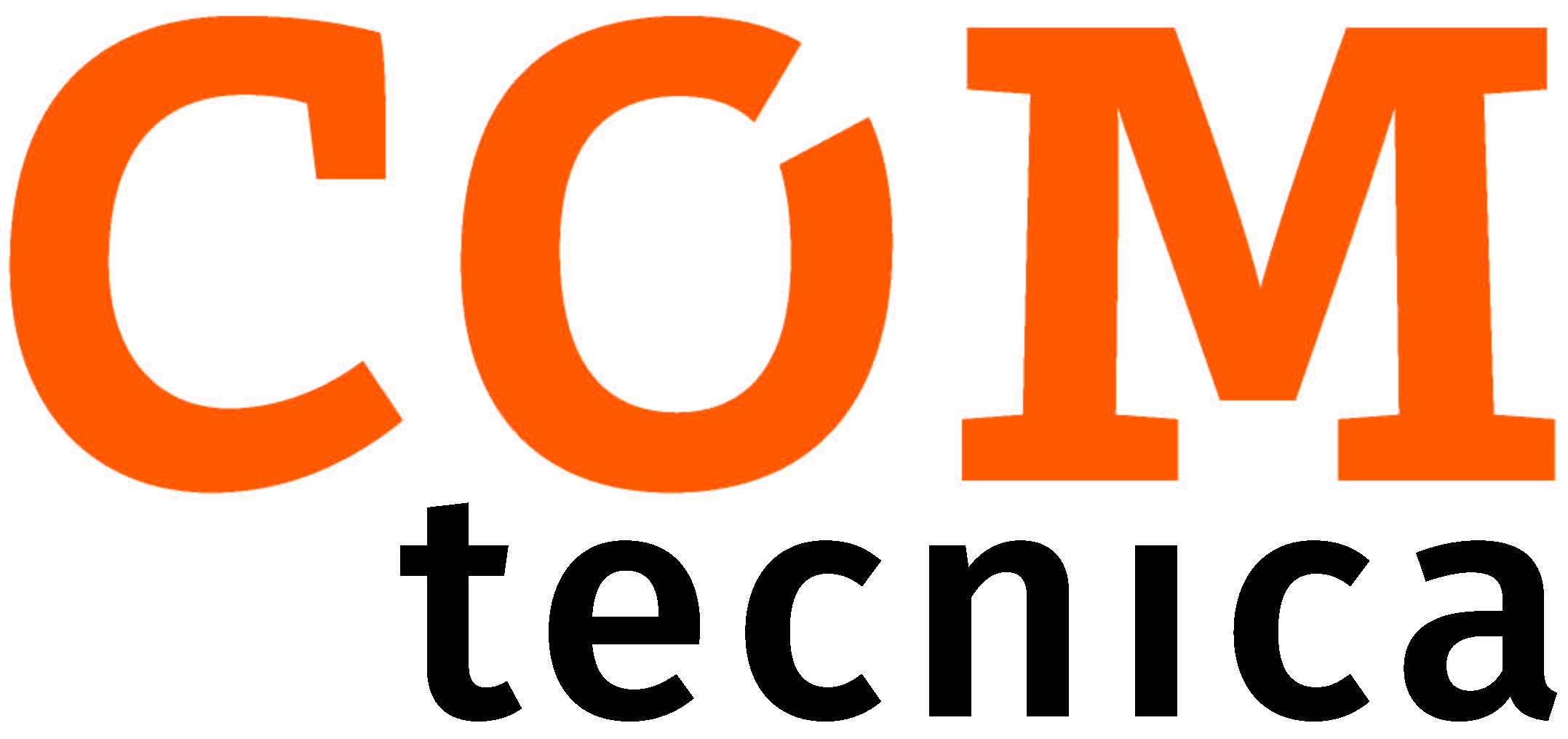Thursday 16 June 2022
08:30 - 09:00
Registration
09:00 - 09:30
Opening and welcome
09:30 - 10:30
Keynote speaker: Rute Costa, Universidade NOVA de Lisboa, Portugal
Transitions en Terminologie
10:30 - 11:00
11:00 - 12:30
Session 1
11:00 - 11:30
Representing Multilingual Terminologies with OntoLex-Lemon
Patricia Martin Chozas and Thierry Declerck
11:30 - 12:00
Les Principes Terminologiques de l’ISO à l’Ere Numérique
Christophe Roche
12:00 - 12:30
Terminology Extraction in Electronic Health Records. The ExaMode Project
Giorgio Maria Di Nunzio, Stefano Marchesin and Gianmaria Silvello
12:30 - 14:00
14:00 - 15:30
Session 2
14:00 - 14:30
Innovation in Terminology Training Through Crowdsourcing: The Terminology Without Borders Case
Maria Carmen Staiano, Maria Bruno and Irene Arto Escuredo
14:30 - 15:00
Quelles ressources terminologiques et quelles méthodes pour la formation des apprenant.es traducteur.rices professionnel.les en 2021 ? Analyse d’un projet académique collaboratif et outillé en contexte européen.
Pascale Elbaz and Elpida Loupaki
15:00 - 15:30
Promoting the Understanding of Breast Cancer Terminology: A Terminology Infographic
Laia Vidal Sabanés and Rosa Estopà Bagot
15:30 - 16:00
16:00 - 17:30
Session 3
16:00 - 16:30
Dare to be Different: How User Needs Determine Termbase Design
Michal Měchura, Brian Ó Raghallaigh, Úna Bhreathnach and Gearóid Ó Cleircín
16:30 - 17:00
Subject Fields in Termbases - Their Design, Use and Representation
Kara Warburton
17:00 - 17:30
The Pietro Gradenigo Database: An Approach to the Transcription and Analysis of the Notatori
Daniel Zilio and Chiara Bombardini
17:30 - 18:00
End of first day
Friday 17 June 2022
08:30 - 09:30
Registration
09:30 - 10:30
Keynote speaker: Roberto Navigli, Sapienza Università di Roma, Italy
Ten Years of BabelNet and Beyond
10:30 - 11:00
11:00 - 12:30
Session 4
11:00 - 11:30
Towards Creating the National Term Bank: The Case of Mongolian Terminology Resources
Namsrai Munkhtsetseg
11:30 - 12:00
Des corpus aux bases de données... et retour. Variations et ressources terminologiques
Valérie Delavigne
12:00 - 12:30
Multilingual Terminological Resources: Comparing Machine Translation and Corpus-Based Translation
Melania Cabezas-García and Pilar León-Araúz
12:30 - 14:00
14:00 - 15:30
Session 5
14:00 - 14:30
Using a Linguistic Approach to Represent Terminology in an Ontology
Amparo Alcina
14:30 - 15:00
Entre TBX et Ontolex-Lemon : quelles nouvelles perspectives en terminologie?
Silvia Piccini, Federica Vezzani and Andrea Bellandi
15:00 - 15:30
Integrating Terminological and Ontological Principles into a Lexicographic Resource
Rute Costa, Ana Salgado, Margarida Ramos, Fahad Khan, Sara Carvalho, Tasovac Toma, Bruno Almeida, Mohamed Khemakhem, Laurent Romary and Silva Raquel
15:30 - 16:00
16:00 - 17:30
Session 6
16:00 - 16:30
Tailoring Terminological Resources to the Users’ Needs: A Corpus-based Study on Appositive Constructions in Italian and English
Giulia Speranza, Maria Pia Di Buono and Johanna Monti
16:30 - 17:00
Interface entre terminologie et langue générale : une étude multilingue du lexique de la chimie
Polina Mikhel
17:00 - 17:30
Figurative Terminology in IATE: Analysing the Needs of Professional Users
Kätlin Järve
17:30 - 18:00
Conference closing




